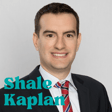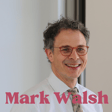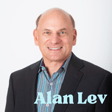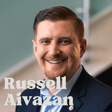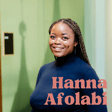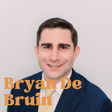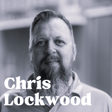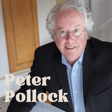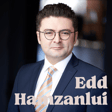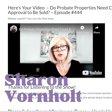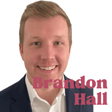
Charles Krawitz: Chief Capital Markets Officer | Head of Commerical Lending at Alliant Credit Union
A 30+ year financing industry veteran, Mr. Krawitz’s career commenced in 1987 and includes leadership positions with highly regarded financial institutions including ABN AMRO, KeyBank and Fifth Third Bank.
In January of 2017, Mr. Krawitz joined Alliant Credit Union in charge of commercial lending. Subsequently, Mr. Krawitz was selected to additionally oversee Alliant’s loan trading operation, its FinTech partnership development activities, and its Select Employee Group relationship channels as Alliant’s Senior Vice President, Chief Capital Markets Officer and Head of Commercial Lending. Under his guidance, Alliant strategically purchases and sells residential, consumer and commercial loans, diversifies its balance sheet through the identification and cultivation of fintech relationships across divergent asset classes, and offers membership in Alliant Credit Union as a co-branded employee benefit with some of our nation’s largest employers.
Mr. Krawitz served on the board of a large CDC, where he was named Director of the Year in 2011. In 2020, Mr. Krawitz was inducted into the Midwest Commercial Real Estate Hall of Fame, and in in 2021 was selected as a Manager of the Year finalist by Gallup. In addition, Mr. Krawitz headed a team that won CUNA’s Excellence in Lending Award in 2018, was selected as a Lender Influencer by GlobeSt.com in 2020, Lender of the Year by the Illinois Real Estate Journal in 2023, and a Top Mortgage Lender in both 2021 and 2023 by Connect Media.

